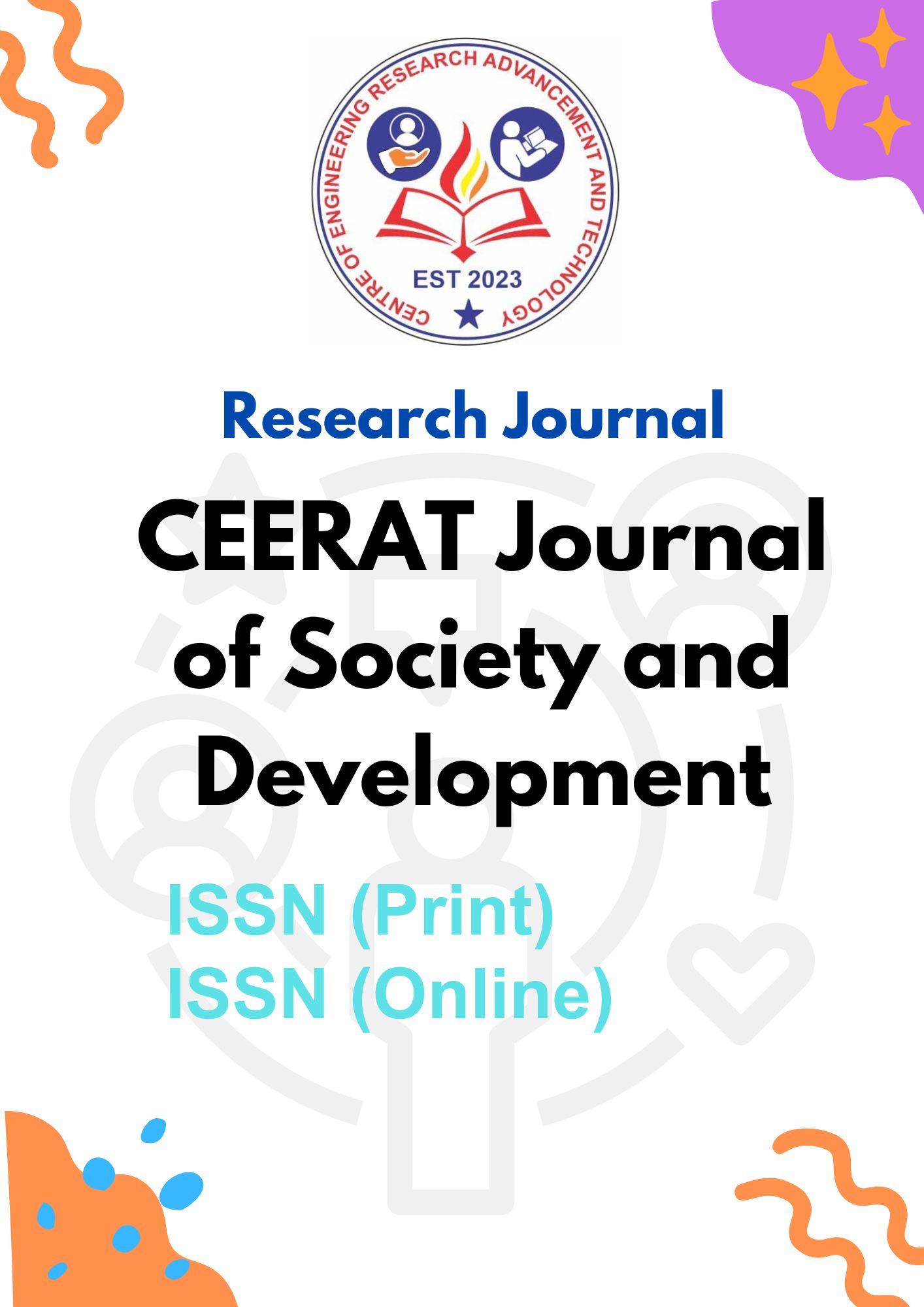Domestic Servitude in Pakistan: A Qualitative Study
Keywords:
Domestic, Labor, Servitude, Rights, Gender, Legislative FrameworkAbstract
The present study focuses on the domestic servitude problem in Pakistan. As a result, victims working in private families are humiliated and ill-treated. The study has critically explored the regulation of legislation and policies for slavery and forced labor within private homes or houses to stop artificial disasters. Moreover, the research has reviewed existing international frameworks, national laws, and policies to address the issue of domestic servitude. The qualitative study was conducted, and documents were analyzed. The result found that a number of policies were adopted to address the issue of child labor in Pakistan. The prominent step was the National Policy and Action Plan to Combat Child Labor (NPPA), which calls for the instantaneous abolition of the most awful forms of child labor. In conclusion, there is a dire need to make domestic servitude-specific legislation and develop a code of practices for the workers working in domestic settings. It is recommended that family support of such families be started through the cash transfer mechanism of the EHSAAS program, the flagship welfare program of the federal government.




